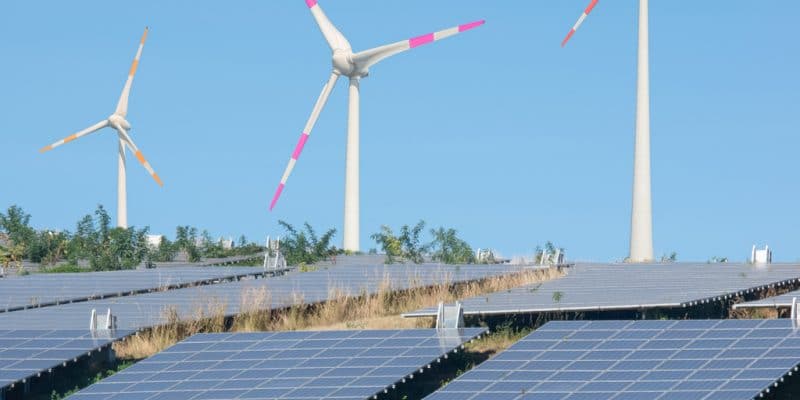In South Africa, the financial group Standard Bank has announced that it will mobilise 250 billion rand ($17 billion) for green finance by 2026. The bank wants to end oil-related investments while strengthening its climate policy.
Standard Bank will spend R250 billion ($17 billion) on green finance. These investments will be made between now and 2026 and will enable the Johannesburg-based group to support renewable energy development projects in South Africa and eventually throughout the African continent.
Standard Bank has decided to restrict its investments in the production and use of fossil fuels. For example, it will invest in gas projects when replacing fuel oil in thermal power stations or supporting power stations that are partially powered by renewable energy.
Founded in 1862 by British entrepreneur John Paterson, South Africa’s Standard Bank Group is 20.1% owned by the Industrial and Commercial Bank of China (ICBC) and 11.9% by the Public Investment Corporation (PIC), a pension fund manager. With 69,000 employees in 38 countries, Standard Bank operates in three main business areas: retail and commercial banking, corporate and investment banking and insurance.
The bank is not giving up on coal!
“For customers that generate electricity from coal, financing is expected to fall from 0.18% of the bank’s total commitments in 2021, to 0.15% in 2026 and 0.12% in 2030. New coal mining projects will only be financed if the overall environmental impact is positive,” says the bank, headed by Sim Tshabalala.
Read also-SOUTH AFRICA: Municipalities have a manual on green finance
In order to improve access to climate finance in South Africa, Standard Bank has raised USD 200 million in green bonds in 2020 via the London Stock Exchange (LSE). The bonds were underwritten by the International Finance Corporation (IFC), the private sector financing arm of the World Bank Group. The proceeds of these bonds are already being used to finance renewable energy projects, energy efficiency and green building construction.
Benoit-Ivan Wansi







